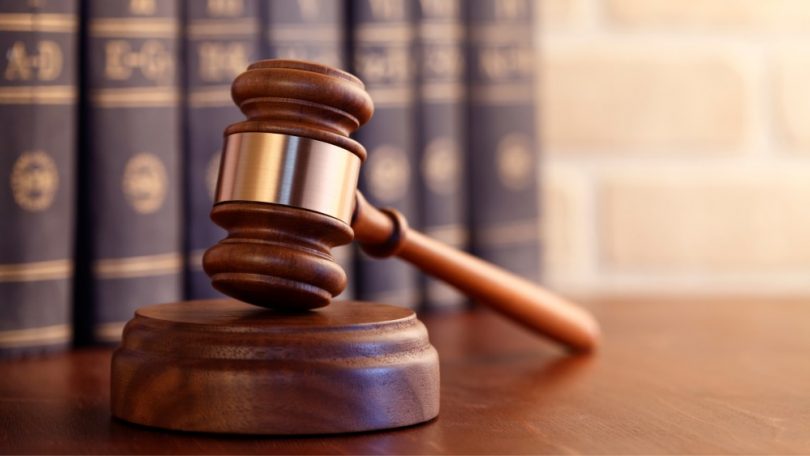Businesses selling cannabidiol (CBD) products to the public are subject to rules and regulations enforced by the Food and Drug Administration (FDA) and the Federal Trade Commission (FTC), including how products containing CBD can be labeled and how those products can be advertised. In December of 2020, the FTC started strict enforcement of policy against CBD companies considered to have false and deceptive health claims.
This crackdown on misleading health information on CBD product labels and advertising is intended to protect consumers from potentially predatory businesses, which it does. In doing so, it also hurts the ethical businesses that are trying to legitimately educate consumers about the medicinal benefits of CBD, which have been supported by validated scientific research studies.
Fortunately, two of the FTC commissioners, Rohit Chopra and Christine S. Wilson, are considering this hindrance and have made official recommendations in favor of refining different aspects of the FTC’s approach to CBD enforcement actions. Commissioner Chopra wants claims related to opioids and other substance abuse disorders to be given the highest priority for enforcement while focusing on large businesses with the financial capability to pay for victim relief costs, should there be any monetary penalties imposed.
Commissioner Wilson discussed the importance of accepting what science has to say about CBD by acknowledging credible research studies confirming its ability to treat specific conditions or symptoms. Wilson emphasized that the existence of valid scientific evidence warrants consideration for certain health claims to be acceptable when supported by the appropriate research. She urges enforcement against strong claims with “little to no scientific support.”
Keep in mind that these are still only recommendations at this point, but it does suggest a positive future for CBD companies wanting to include credible health claims on their product labels or in their advertising. As the FTC continues to protect the public from would-be deceptive companies, it’s comforting for legitimate CBD business owners to know they can hopefully expect to see some protection of their own moving forward.










